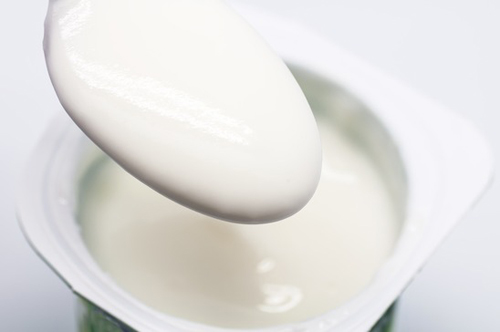Yogurt is a dental super food. Yogurt is more popular than ever as a healthy choice for those seeking to supplement their diet with a food that will help their overall health. Several respected studies over the last few years have continuously shown that yogurt has benefits far beyond digestive health. Here are a few of the exciting ways that yogurt can help keep you smiling:
Yogurt helps gums.
A Japanese study of 1,000 adults revealed that the healthiest gums were found in those that ate the most yogurt. Probiotics, the “good bacteria” found in yogurt are the possible reason as these active cultures may help to slow the growth of cavity causing bacteria. Healthy gums are essential to your overall health because gum disease can put you at an increased risk for a wide range of complications including heart disease.
Yogurt strengthens teeth.
Yogurt is high in calcium which helps to keep your teeth strong. Calcium works by maintaining the density of your skeletal bones through years of deposit while your body is growing the most. For this reason, children especially benefit from the calcium found in yogurt. Once permanent teeth appear, calcium continues to help prevent tooth decay by keeping enamel strong.
Yogurt fights bad breath.
Researchers have discovered that eating six ounces of yogurt each day greatly reduces the bad breath causing compounds like hydrogen sulfide. It turns out that the probiotics found in yogurt help to keep “smelly” bacteria in check.
Yogurt makes your mouth less acidic.
Cavity-causing bacteria love an acidic mouth. Yogurt counters this by balancing your mouth’s PH levels and creating a less hospitable place for bacteria to thrive.
The best yogurt for your dental health is plain and sugar free. Greek yogurts are an even better option because they often contain the highest amount of probiotics. If you or your children crave a sweet addition to your yogurt, you might sparingly choose a small amount of fresh fruit or a natural sweetener


